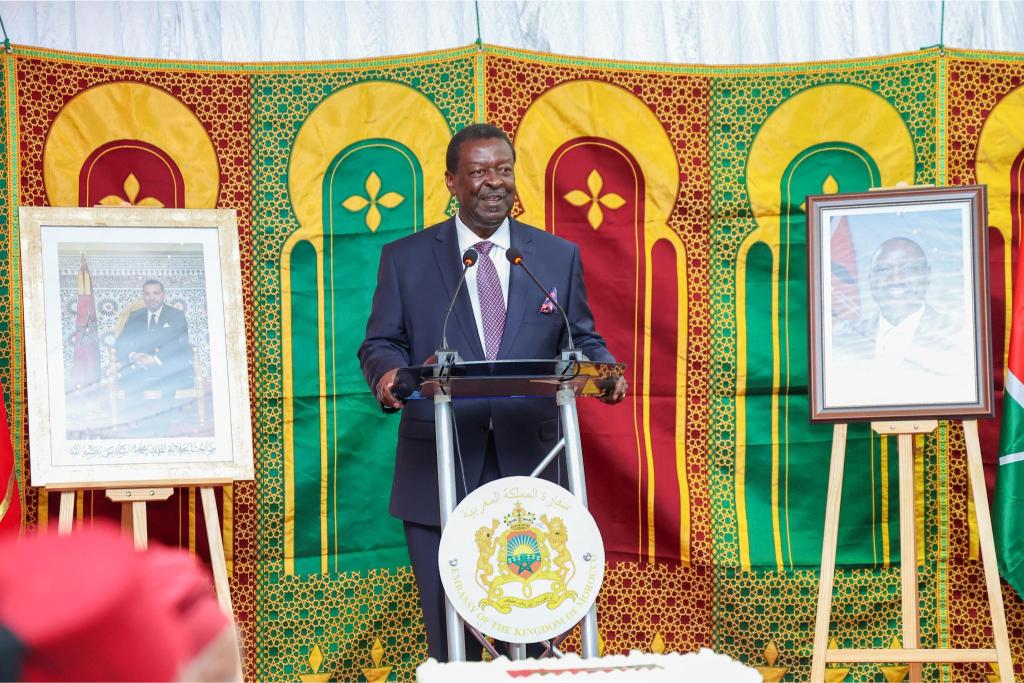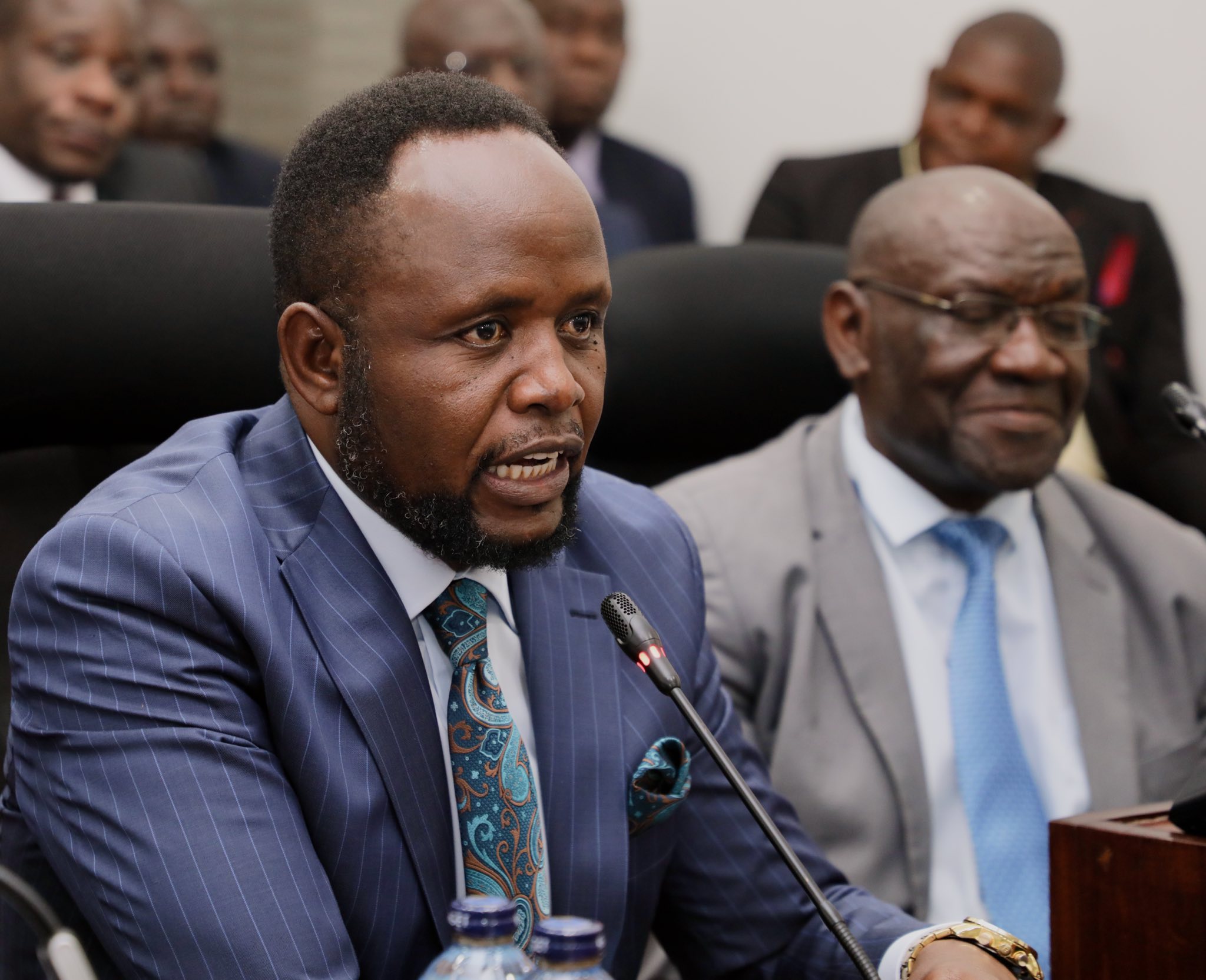Kenya in push to repatriate over 1,000 citizens jailed abroad

Mudavadi said his ministry will continue to handle similar cases with urgency, as many Kenyans abroad are facing legal and humanitarian challenges. He also appealed for patience and understanding, saying not all cases would have the same outcome.
The government has embarked on a diplomatic mission to repatriate more than 1,000 Kenyans currently locked up in foreign prisons, according to Prime Cabinet Secretary and Foreign Affairs Cabinet Secretary Musalia Mudavadi.
Mudavadi revealed the plan on Wednesday following a meeting with Stephen Munyakho, who returned to the country after spending 14 years on death row in Saudi Arabia.
More To Read
- Museveni clarifies Indian Ocean comments after Kenya downplayed war talk
- Senators summon Mudavadi over harassment, detention and deaths of Kenyans abroad
- Kenya dismisses war fears as Mudavadi quashes claims of Uganda ‘overrunning’ the country
- Kenya reaffirms commitment to political solutions for regional conflicts
- Kenya’s exports to EAC partners grow as diaspora sends Sh1 trillion home
- Eight Kenyans released, three remain detained in Tanzania after election unrest - Mudavadi
He said Kenya's foreign missions are constantly engaging with host countries to explore legal and diplomatic ways of bringing affected citizens back home.
“We have about 1,000 Kenyans facing incarceration in different countries, and our embassies and missions continue to work through diplomatic channels every other day to try and get the best outcome. Sometimes we may succeed, sometimes we may not succeed,” Mudavadi said.
The Foreign Affairs CS acknowledged that while some cases are straightforward, others are tied to complex legal systems and may take time to resolve.
However, he stressed that the state remains committed to supporting all Kenyan citizens regardless of the outcome.
In May, while appearing before the National Assembly, Mudavadi said most of the affected individuals are young people who left the country without proper knowledge of the laws in their destination countries.
He was responding to a question raised by West Mugirango MP Stephen Mogaka, who sought clarification regarding government efforts to protect Kenyans abroad.
Mudavadi told the MPs that the number of Kenyans arrested in foreign countries has risen steadily, with the majority of them being young people.
He urged them to take part in creating awareness among citizens intending to travel for work or study abroad.
“It is not our wish to see these Kenyans languishing in various places. I would like to urge that as leaders, we must engage in a collective campaign to convey messages of awareness, especially to the young people,” Mudavadi said.
The CS said the main challenge is that most of those who get arrested are unaware of the legal risks they face.
He called on the National Assembly to support civic education campaigns to help reduce the number of Kenyans getting into conflict with the law while overseas.
Munyakho’s case has been one of the most difficult and longest-running. He was arrested in April 2011 following a violent confrontation with a Yemeni colleague while working in Saudi Arabia.
The colleague later died from the injuries sustained during the altercation.
Munyakho was initially sentenced to five years for manslaughter, but the case took a dramatic turn when the ruling was overturned on appeal and the charge was upgraded to murder. He was then sentenced to death by beheading.
The gravity of the case prompted Mudavadi to write to the Saudi Foreign Minister requesting a pardon. The situation shifted after the victim’s family agreed to accept diyya, or blood money—a form of compensation permitted under Islamic law.
The Muslim World League raised Sh129 million to meet the compensation amount. Once the money was paid, Munyakho was officially pardoned.
He later performed Umrah before being transferred from Shimeisi Prison in the Mecca Governorate to a deportation centre. He finally landed back in Kenya on July 29, 2025.
During their meeting, Munyakho thanked President William Ruto and the Kenyan people for supporting his release and making his return possible.
Mudavadi said his ministry will continue to handle similar cases with urgency, as many Kenyans abroad are facing legal and humanitarian challenges. He also appealed for patience and understanding, saying not all cases would have the same outcome.
Top Stories Today














































